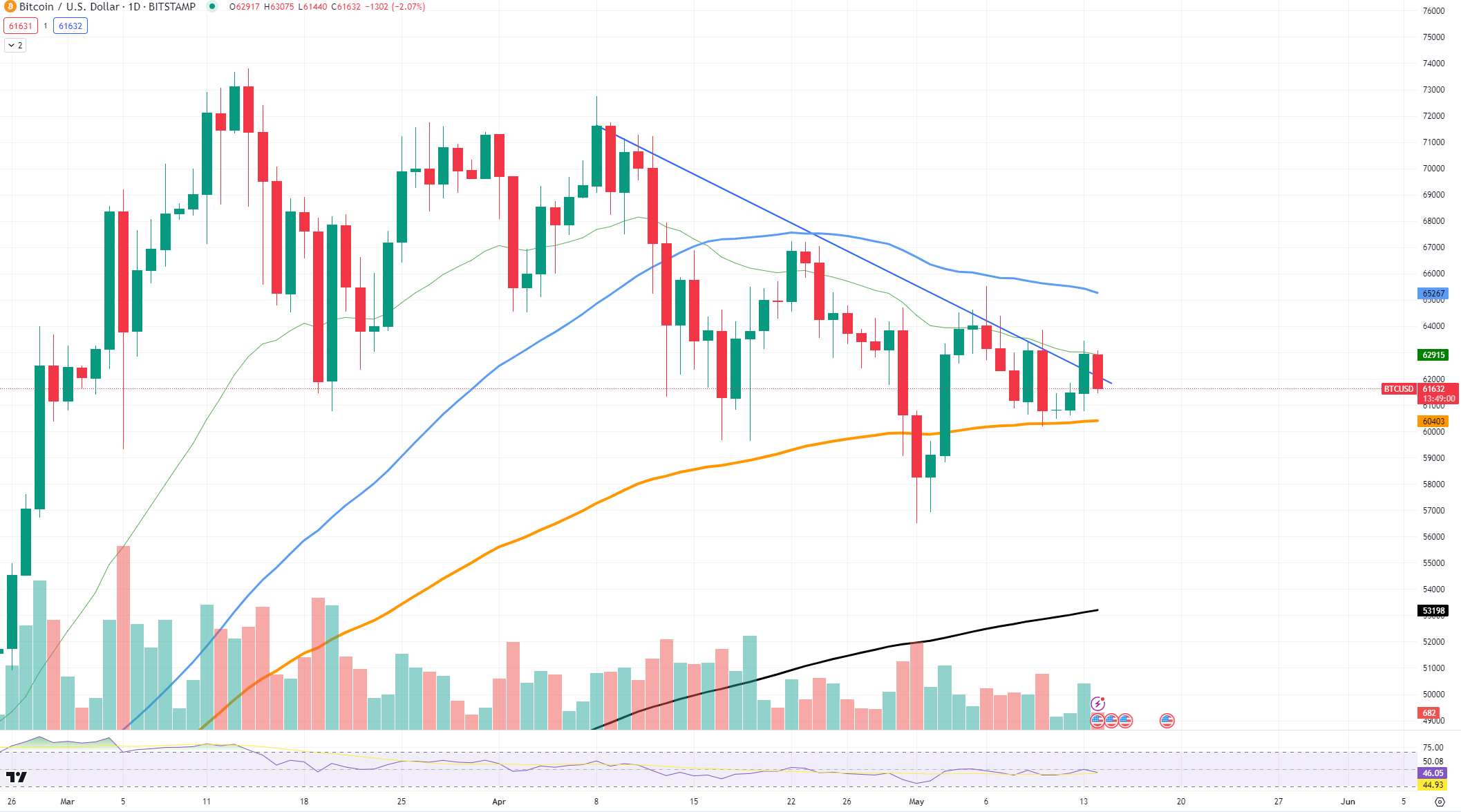
Disclaimer: The opinions expressed by our writers are their own and do not represent the views of U.Today. The financial and market information provided on U.Today is intended for informational purposes only. U.Today is not liable for any financial losses incurred while trading cryptocurrencies. Conduct your own research by contacting financial experts before making any investment decisions. We believe that all content is accurate as of the date of publication, but certain offers mentioned may no longer be available.
Lower Bitcoin fees are creating problems for miners. After the recent halving, daily average network fees spiked, providing some relief to Bitcoin miners. However, as the initial rush of users to the Runes protocol has cooled off, fees have decreased, leading to renewed pressure on miners facing slashed rewards.
The higher fees had temporarily alleviated some post-halving stress on miners. For example, transaction fees accounted for 16% of BTC earned by Marathon Digital in April, a significant increase from 4.5% in March. This spike in fees helped offset some of the financial strain caused by the halving, which typically forces miners to sell Bitcoin to cover the costs of creating new blocks.

However, with fees now declining, miners are feeling the pressure once again. Bitcoin miners typically hold BTC as current assets on their balance sheets, relying on the ability to sell holdings to fund operating expenses. This could lead to increased selling pressure on the market if miners are forced to liquidate even a fraction of their holdings.
For instance, Marathon Digital holds 17,631 BTC worth over $1.1 billion, while Riot Platforms holds 8,872 BTC worth over $500 million. If these miners are compelled to sell, it could negatively impact Bitcoin markets, especially during the summer months, when trading activity slows down and liquidity dries up. Although market depth has recovered to $407 million as of May 8, it fell as low as $250 million last August, indicating potential vulnerability.
Higher fees had temporarily eased the post-halving stress. For example, in April, transaction fees accounted for 16% of the Bitcoin earned by Marathon Digital, up from 4.5% in March. This increase in fees helped cover some of the costs associated with creating new blocks. However, with fees now decreasing, miners are once again under pressure.

 Dan Burgin
Dan Burgin Alex Dovbnya
Alex Dovbnya Denys Serhiichuk
Denys Serhiichuk Tomiwabold Olajide
Tomiwabold Olajide